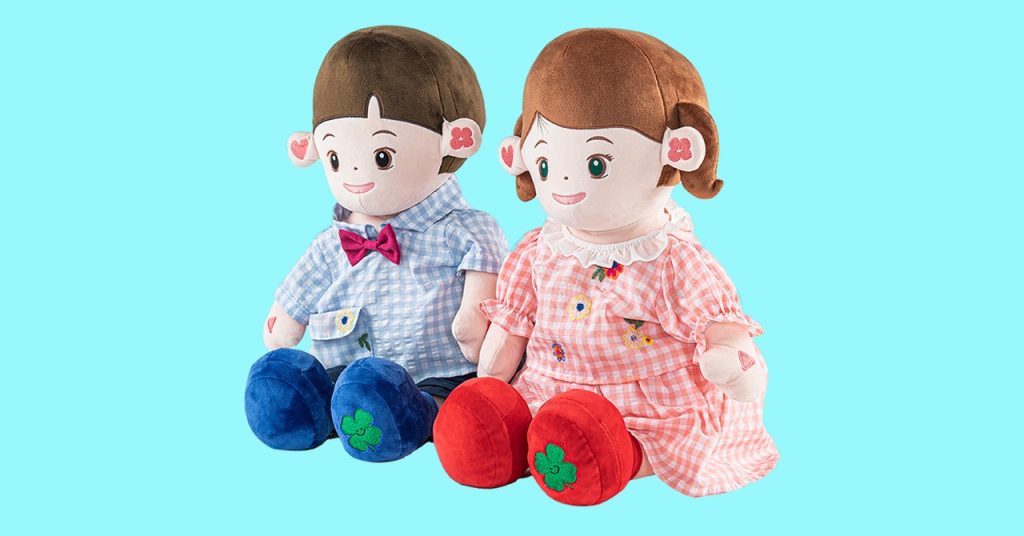Hyodol’s AI-Powered Companion Dolls: Addressing Loneliness or Crossing Boundaries?
A Controversial Solution to a Growing Problem
At the recent Mobile World Congress, a Korean company called Hyodol unveiled a peculiar creation: a ChatGPT-enabled companion doll designed for older adults. Priced at $1,800, this AI-powered figurine aims to provide interactive companionship and health reminders to those who are lonely or residing in long-term care facilities. While the doll’s appearance may be unsettling, its purpose is to tackle the growing epidemic of loneliness affecting various demographics, from seniors in nursing homes to university students.
The Potential Benefits and Challenges
Elizabeth Necka, a program director at the American National Institute on Aging, acknowledges the appeal of such technology, especially in nursing homes grappling with widespread staffing shortages. She states:
The idea that there might be a low-cost solution that can mitigate feelings of loneliness is very attractive. Whether or not ChatGPT can actually achieve those feelings of connections, to me, it seems a little bit premature to say that.
The market for adorable social robots is thriving, particularly in countries like Japan, where companies such as Lovot and Qoobo have popularized cuddly companion bots. While these devices have been utilized in Western countries, cultural acceptance remains limited. However, with the current trend of integrating generative AI into various products, a wave of conversational companions may be on the horizon.
The Evolution of Social Robots
Social robots have taken various forms, from the short-lived Jibo, a social robot roommate, to Moxie, an AI-empowered robot designed to aid child development. Despite their potential benefits, these devices often evoke a sense of unease, as they blur the lines between human and machine. Science fiction has long explored the dangers of artificial intelligence gone awry, with films like M3GAN depicting the worst-case scenario of an AI companion doll turned murderbot.
Beyond the realm of companionship, social robots have been employed as assistants, pets, retail workers, and even weapons, spies, and law enforcement agents. This versatility has led to suspicion and concern among the public, regardless of the robots’ outward appearance.
Ethical Considerations and Public Perception
Wendy Moyle, a professor at the School of Nursing & Midwifery Griffith University in Australia, has experienced backlash for her work with social robots and patients with dementia. Some view giving robot dolls to older adults as infantilizing or disrespectful. However, Moyle argues that these devices can provide comfort and stimulation to those who may otherwise be isolated or understimulated.
As the loneliness epidemic persists and technology advances, the debate surrounding AI-powered companion dolls and social robots is likely to intensify. While these innovations offer potential solutions, they also raise ethical questions and challenge societal norms. As we navigate this uncharted territory, it is crucial to consider both the benefits and the risks, ensuring that the well-being and dignity of those in need remain at the forefront of the discussion.

3 Comments
The unsettling allure of AI dolls that blur the line between human and machine.
Eerie AI dolls dance in the uncanny valley, unsettling our perceptions of reality
The uncanny valley beckons, where AI dolls reside in an eerie realm between life and artifice